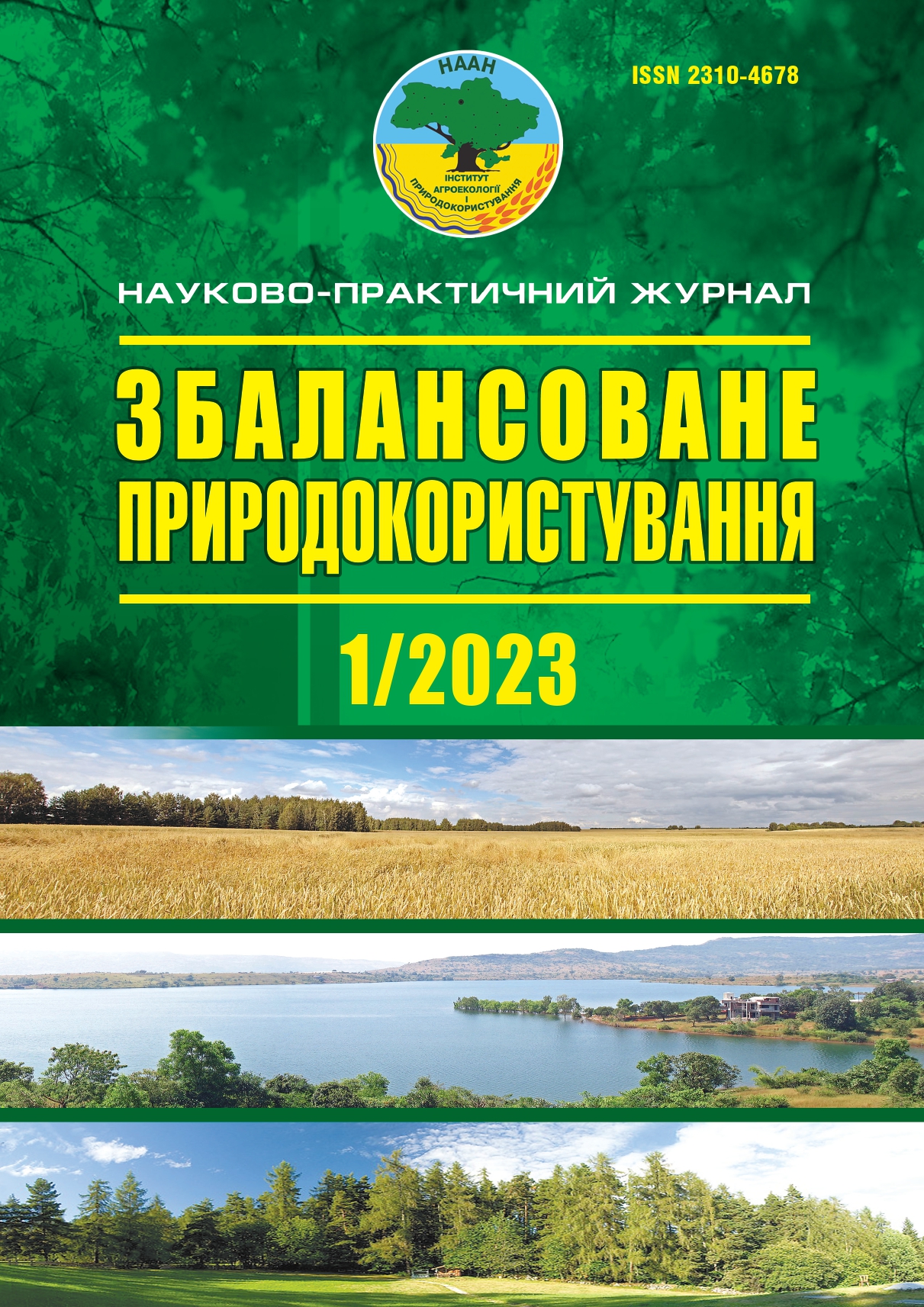The system of balanced land ownership and environmental management in united territorial communities and the principles of its formation
DOI:
https://doi.org/10.33730/2310-4678.1.2023.278533Keywords:
land, comprehensive program, land category, forecasting, efficiencyAbstract
The article examines the organization of land ownership and land use in united territorial communities (UTCs), which should contribute to the implementation of scientifically based zonal systems of agriculture and animal husbandry, the effective use of all resources, the development of specialization and concentration of production, the equalization of economic conditions of management based on the improvement of the system of land relations.
References
- Andriishin, M.V., Hutsuliak, H.D. (1988). Sistema planovo-proektnykh razrabotok organizatsii regionalnogo zemlepolzovaniya [The system of planning and project development of the organization of regional land use]. Lviv [in Ukrainian].
- Hutsuliak, H.D. (1991). Zemelno-resursnyi potentsial Karpatskoho rehionu [Land and resource potential of the Carpathian region]. Lviv: Svit [in Ukrainian].
- Zemelnyi kodeks Ukrainy [Land Code of Ukraine]. (2002). Vidomosti Verkhovnoi Rady Ukrainy — Information from the Verkhovna Rada of Ukraine, 3–4, 27 [in Ukrainian].
Downloads
Published
2023-02-14
Issue
Section
Articles
License
- The authors reserve the right to authorship their work and pass the journal the right to publish this work under a Creative Commons Attribution License license, which allows other persons to freely distribute the published work with the obligatory The authors of the original work and the first publication of this magazine.
- The authors have the right to make independent additional agreements on the nonexclusive dissemination of the work in the form in which it was published by this magazine (for example, to post work in the company's electronic storage or to publish as a monograph) , subject to the first publication of the link to this journal.
- Journal policy allows and encourages the placement of authors on the Internet (for example, in the repositories of institutions or on personal websites) manuscript work as to the presentation of this manuscript to the editorial board and during its editorial processing, as it contributes to The productive scientific discussion and positively affects the efficiency and dynamics of citation published work (see The Effect of Open Access).


